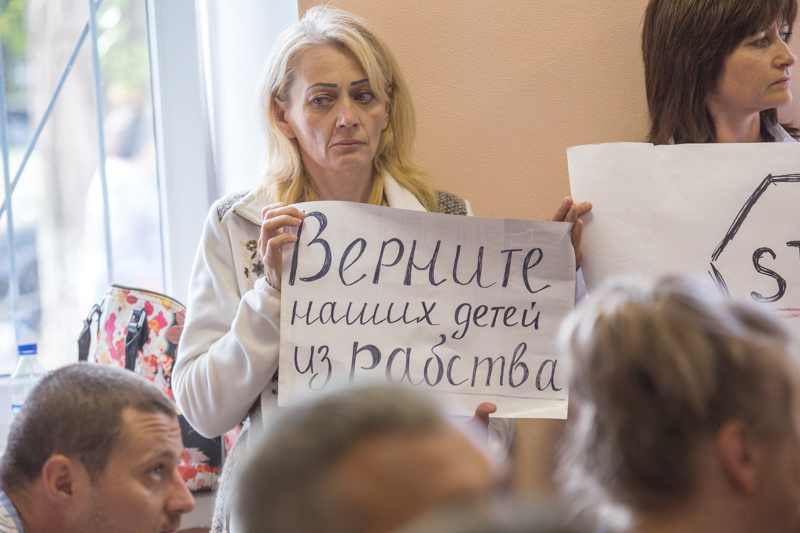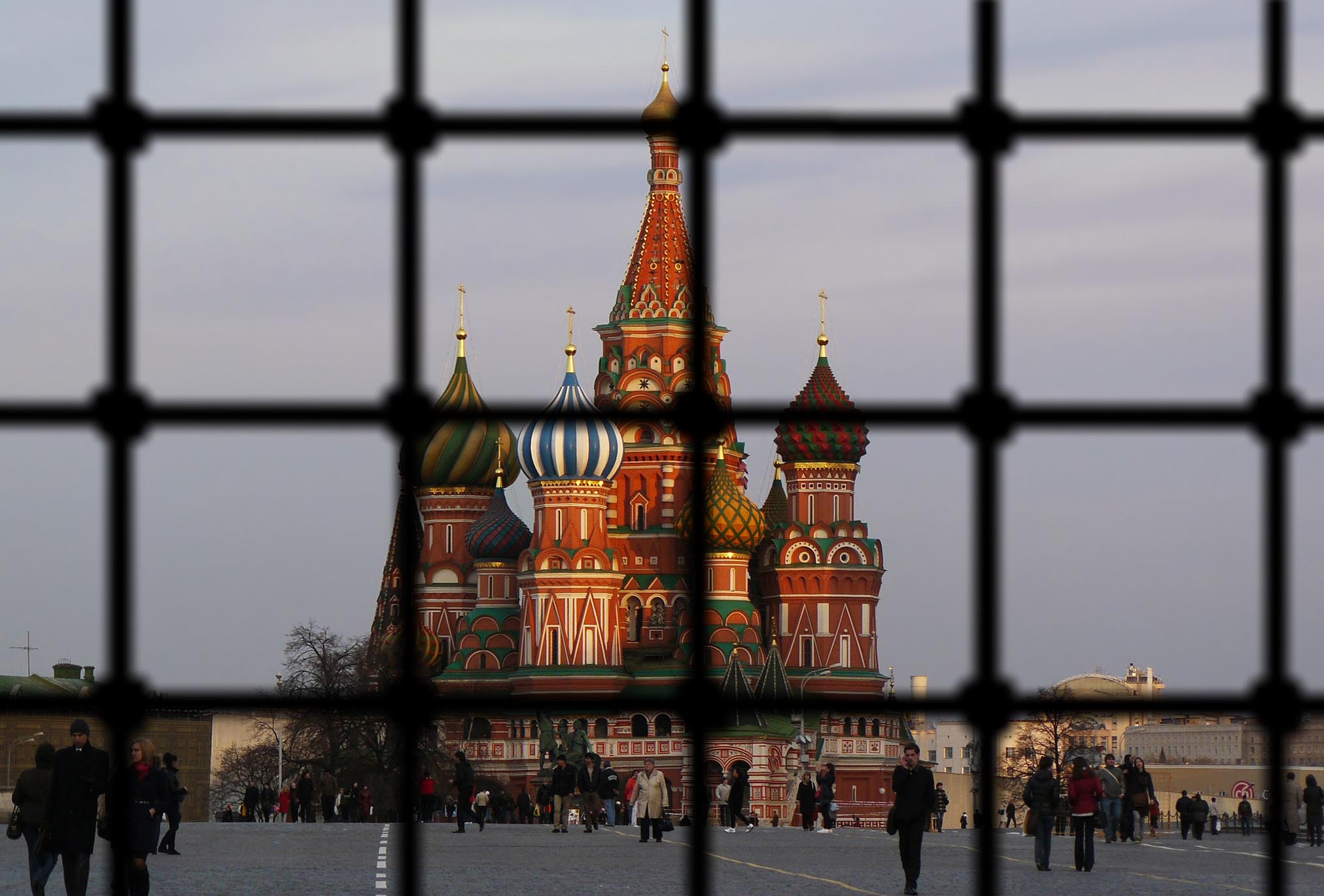
Possibly, Russian law enforcement agencies are involved
The Russian Federation has violated basic human rights by failing to conduct an appropriate and effective investigation into the involvement of Ukrainian citizens in illegal activities, which are directly linked to their status as victims of human trafficking. During the preliminary investigations and the criminal trial, Russia chose to ignore the statements made by the Ukrainian citizens about human trafficking crimes committed against them. The Russian investigating authorities are not interested in investigating the organizational side of the scheme, but they are interested in arresting as many people as possible, thus proving the effectiveness of their work, which will earn them an increase in salary and monetary bonuses.FSB workers approached most of the detained Ukrainian citizens and told them: “If you want to get out of here, go and fight in the Donbas for a year.”

The war in eastern Ukraine makes it worse
The fourth year of the ongoing conflict in Donbas and erosion of rule of law in the territories not controlled by the Ukrainian government present a favorable environment for transnational crimes, including those related to human trafficking. As well, the armed conflict has led to the appearance of more vulnerable groups due to the difficult economic situation in Ukraine, and also immediately in the conflict zone, who seek any chance to earn money, including in Russia. Russia is using the rising number of Ukrainian citizens detained on suspicion of drug trafficking for an internal propaganda campaign to discredit Ukraine, arguing, for example, that Ukrainian special services are specifically preparing and sending drug dealers to Russia to “poison Russians,” which is very far from the truth. Given that Ukraine faces an immediate external threat, the effectiveness of law enforcement bodies has declined within the country, including in reducing crime.Criminal case of suspects stalls in Ukrainian court
To date, the case involving four people charged with human trafficking under this scheme has been delayed by the court. The case was heard in one of Kyiv’s district courts for more than three months, after which the court suspended it “for revision,” but the date of the next court hearings is unknown. The Ukrainian law-enforcement system does not have a policy of systematic and effective response to information on new cases of recruitment. There are also difficulties in transferring Ukrainian citizens convicted in the Russian Federation to Ukraine in order to serve out their sentence in Ukraine. Ukrainian authorities do not try hard enough to find ways to help victims of human trafficking in Russian prisons, especially in terms of forcing Russia to investigate human trafficking cases and taking into consideration the testimonies of the Ukrainians themselves.Read also: Russian fake job recruiters forced nearly 1,000 Ukrainians into drug trade
What can help?
The help of the international community is needed both in Russia and Ukraine. In Russia, international agencies and organizations should monitor the lawsuits where Russian courts investigate criminal cases involving Ukrainian citizens who have been recognized as victims of human trafficking by Ukrainian law-enforcement agencies.
But in Ukraine, the same agencies and organizations should also monitor the courts to bring the cases of four persons charged with human trafficking to a finish. According to the investigation, these individuals were engaged in the recruitment of Ukrainian citizens and subsequently sent them to different regions of the Russian Federation.



